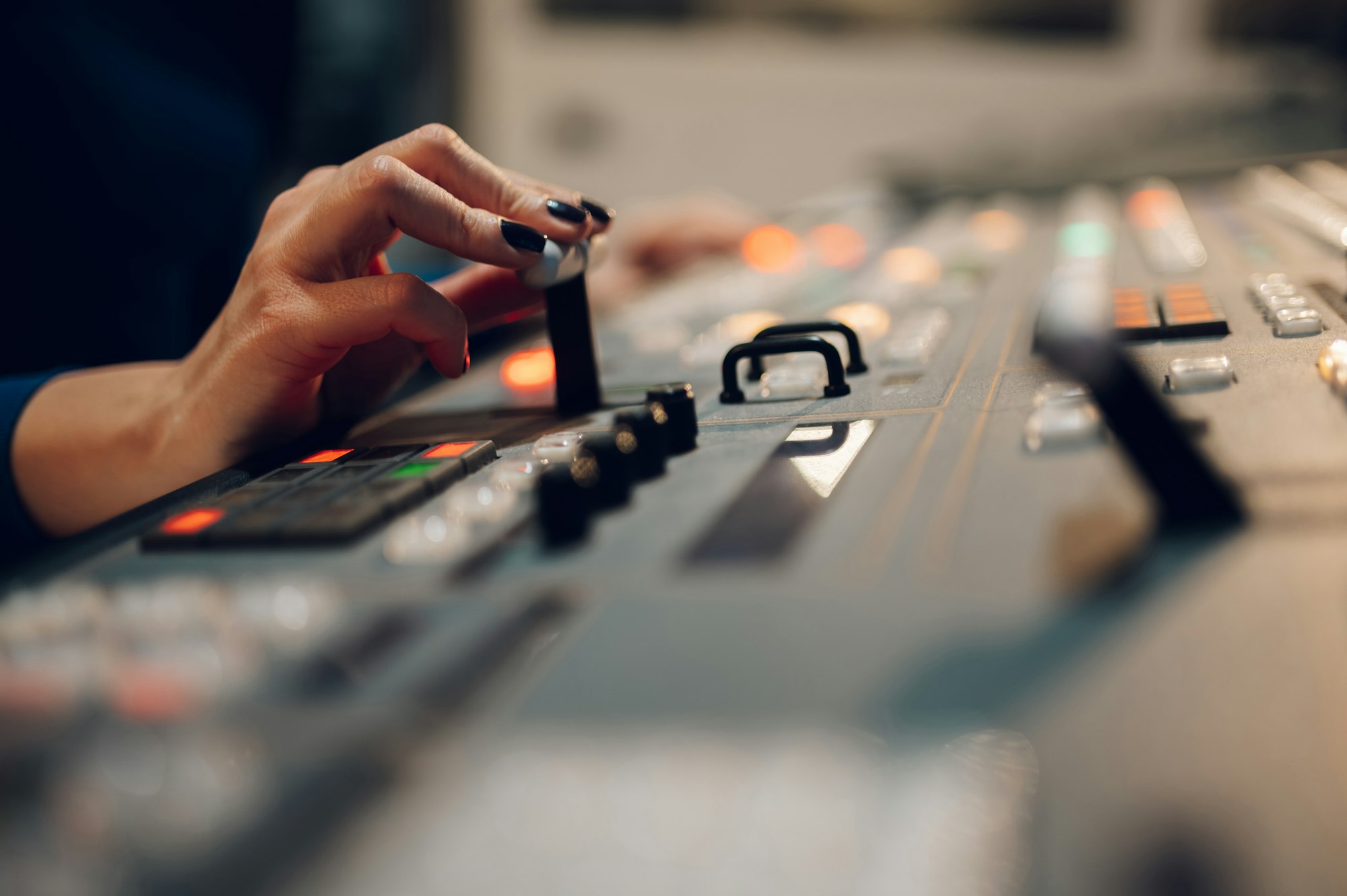Artificial intelligence (AI) is reshaping the landscape of television, introducing new methods for scriptwriting and editing. Popular series like “Keeping Up With the Kardashians” and “Drag Race” are experimenting with these innovations, eliciting mixed reactions from viewers and industry insiders.

Character Evolution Through AI
AI’s ability to modify characters after a series has begun is a groundbreaking yet contentious application. A case in point is when a network executive proposed using AI to replace an unpopular character from a pilot in its second season. This sparked significant pushback from both the creative team and the audience due to the disruption it caused in narrative flow and engagement.
Public Perception and Professional Skepticism
Creative Concerns
Many in the creative field remain skeptical of AI’s ability to emulate the quality and authenticity that human creators bring to television. While AI can manage some technical tasks, critics argue it lacks the intricate understanding necessary to craft compelling, original content. The fear is that AI might produce work that is passable but lacks the richness and inventiveness of human-generated storytelling.
Advantages and Challenges
Proponents of AI highlight its potential to streamline production and reduce expenses, particularly in formula-driven content. However, there is a general consensus that AI will not completely replace human creativity, especially in genres that thrive on sharp wit and contemporary relevance like satire and high-drama.
Ethical and Regulatory Implications
Safeguarding Jobs and Artistic Integrity
The integration of AI into TV raises important ethical and regulatory considerations, particularly regarding the displacement of jobs. Unions and industry groups are actively discussing protective measures and potential legislation to ensure that AI supplements rather than supplants human roles.
Legal Disputes Over Voice Cloning
AI’s capability to replicate voices and generate dialogue has led to notable legal controversies. Instances of actors’ voices being used without their consent have prompted demands for more stringent regulations on voice cloning. This technology presents unique challenges, particularly as it becomes simpler to produce convincing audio from minimal samples.
Looking Ahead: AI and the Future of TV
Strategic AI Integration
As the television industry navigates these technological advances, there is a concerted effort to implement AI in ways that enhance rather than replace human creativity. This strategy involves deploying AI for routine tasks while preserving the critical role of creative professionals in narrative and artistic decisions.
Impact on Content Diversity
Moving forward, AI is poised to significantly influence content creation across various platforms, particularly with the expansion of streaming services and digital channels. This is likely to result in a more diverse media landscape where AI-generated content coexists with traditional formats, catering to different audience preferences.
This article explores the transformative role of AI in television production, discussing its impact on job security, creative integrity, and industry standards, while highlighting both the opportunities and challenges it presents in reshaping how TV content is created.

FAQ: AI in TV Production
1. Can AI completely replace human creators in TV production?
Answer: While AI can automate certain aspects of TV production like scriptwriting for specific formats and editing, it is unlikely to completely replace human creators. The consensus in the industry is that AI lacks the depth and emotional insight required for high-quality storytelling and character development, which are crucial for genres that rely heavily on intricate narratives and character interactions.
2. What are the ethical concerns associated with using AI in television production?
Answer: Ethical concerns include job displacement as AI technologies take on roles traditionally filled by humans, potentially affecting employment in the industry. Additionally, issues such as voice cloning raise questions about copyright and personal rights, especially when actors’ voices are used or replicated without consent, leading to broader discussions about the need for regulations to protect individuals’ rights in the digital age.
3. How might AI impact the future landscape of television content?
Answer: AI is expected to diversify the types of content available on television and streaming platforms by enabling the production of a wide range of material more efficiently and cost-effectively. This might lead to a richer array of shows designed to cater to various tastes and interests, possibly increasing the overall quantity of content while maintaining different levels of quality and innovation depending on the involvement of AI versus human creativity.
Sources The Guardian


